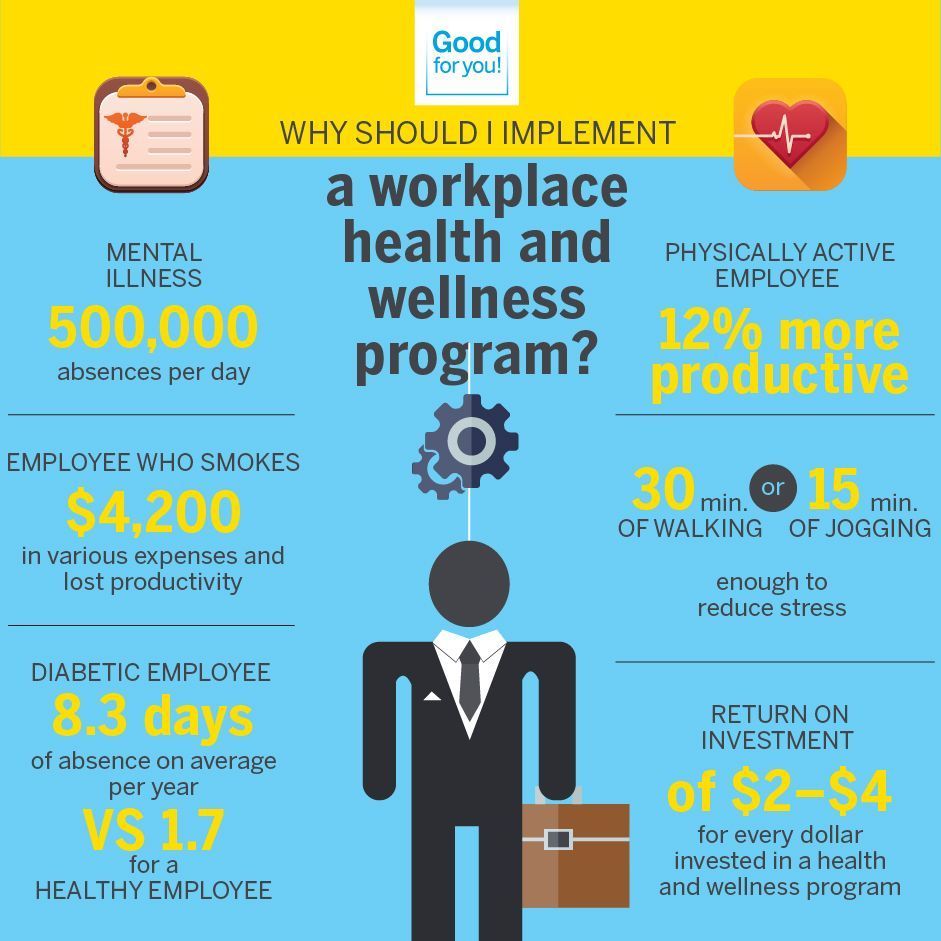Employee benefits and wellness programs play a crucial role in the overall well-being and job satisfaction of employees. These programs go beyond financial incentives and aim to promote physical, mental, and emotional health in the workplace. In this article, we will discuss the importance of employee benefits and wellness programs and their impact on employee engagement and productivity.
The Importance of Employee Benefits
A competitive package of employee benefits is essential for attracting and retaining top talent in today’s job market. Beyond salary, employees value benefits that can enhance their quality of life. These benefits may include health insurance, retirement plans, paid time off, childcare assistance, and more. By providing comprehensive benefits, employers demonstrate their commitment to the well-being of their workforce and create a positive work environment.
Enhancing Employee Engagement
Employee benefits play a significant role in increasing employee engagement. When employees feel valued and supported by their organization, they are more likely to be engaged in their work. Comprehensive benefits such as health insurance and wellness programs can contribute to reducing stress and improving job satisfaction. Employees who are satisfied with their benefits are also less likely to seek employment elsewhere, reducing turnover rates and increasing stability within the organization.
Boosting Productivity
Investing in employee benefits and wellness programs can have a direct impact on productivity. When employees are physically and mentally healthy, they are more inclined to perform at their best. Wellness programs that promote regular exercise, healthy eating, and stress management can lead to increased energy levels, improved focus, and reduced absenteeism. Productive employees contribute to the overall success of an organization and help drive its growth.
Promoting Work-Life Balance
Employee benefits and wellness programs are crucial in promoting work-life balance. A healthy work-life balance is essential for employees to maintain their well-being and avoid burnout. Benefits such as flexible working hours, remote work options, and paid time off can enable employees to better manage their personal and professional lives. When employees have the ability to fulfill their personal commitments without sacrificing their work responsibilities, they become more satisfied and motivated.
Addressing Mental Health and Well-being
Mental health is a significant concern in today’s fast-paced and high-stress work environments. Employee benefits and wellness programs can contribute to addressing mental health issues and promoting overall well-being. Offering access to mental health resources, counseling services, and stress management programs can support employees in maintaining good mental health. When employees feel supported, they are more likely to seek help when needed, thus reducing the negative impact of mental health issues in the workplace.
Conclusion
Employee benefits and wellness programs are not merely additional perks but rather crucial components of a healthy and productive workforce. By investing in these programs, employers showcase their commitment to employee well-being and create an environment where employees feel valued and supported. The benefits of these programs extend beyond the individual employees and contribute to organizational success. In a competitive job market, offering comprehensive employee benefits and wellness programs can give companies a significant advantage in attracting and retaining top talent.


